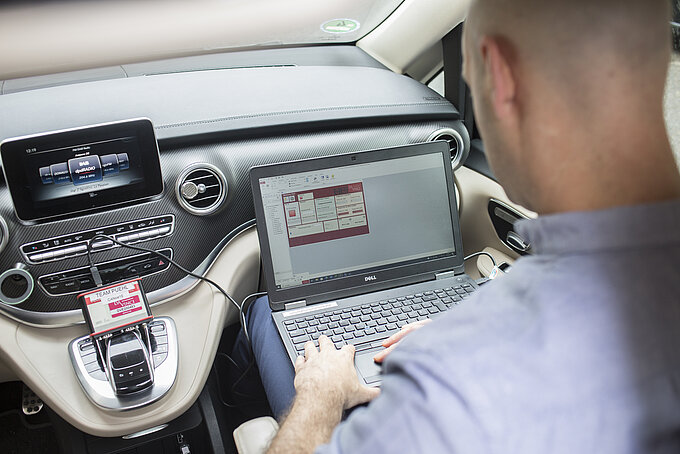
High-level engineering
Be it electrics or electronics, applications or diagnosis – Da Vinci Engineering supports companies with highly-qualified engineers and software specialists. Our focus is on all working areas relating to the development and construction of vehicles and vehicle components such as drive, electronics or software development.
We ensure that we overcome your challenges – flexibly, in accordance with your requirements and promptly. In order to do this, we offer our services on the basis of temporary employment or work and service contracts. Our more than 500 employees and their extensive engineering expertise and many years of experience in project and process management move confidently between the individual project phases.
Your cooperation with us
We lease our workforce and many years of experience to you in accordance with different models or types of contract – either within the framework of temporary employment or with work and service contracts. This allows us to deal with your needs and challenges properly. How exactly does it work?
Case study

Insights into the automotive industry
Automated system tests on a communication module with a function for flashing over the air.
Telematics control devices ensure that vehicles stay up-to-date by means of over-the-air flashing, and are continuously connected to the surrounding infrastructure. We ensure that the connectivity works properly with our automated system testing.







